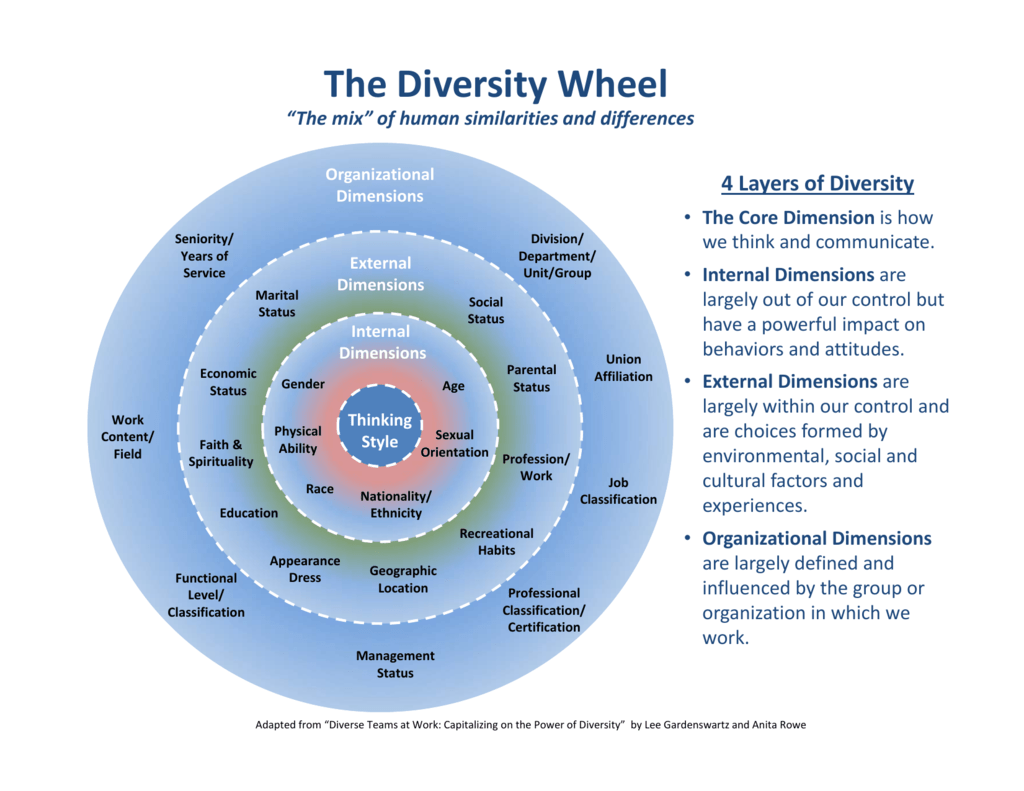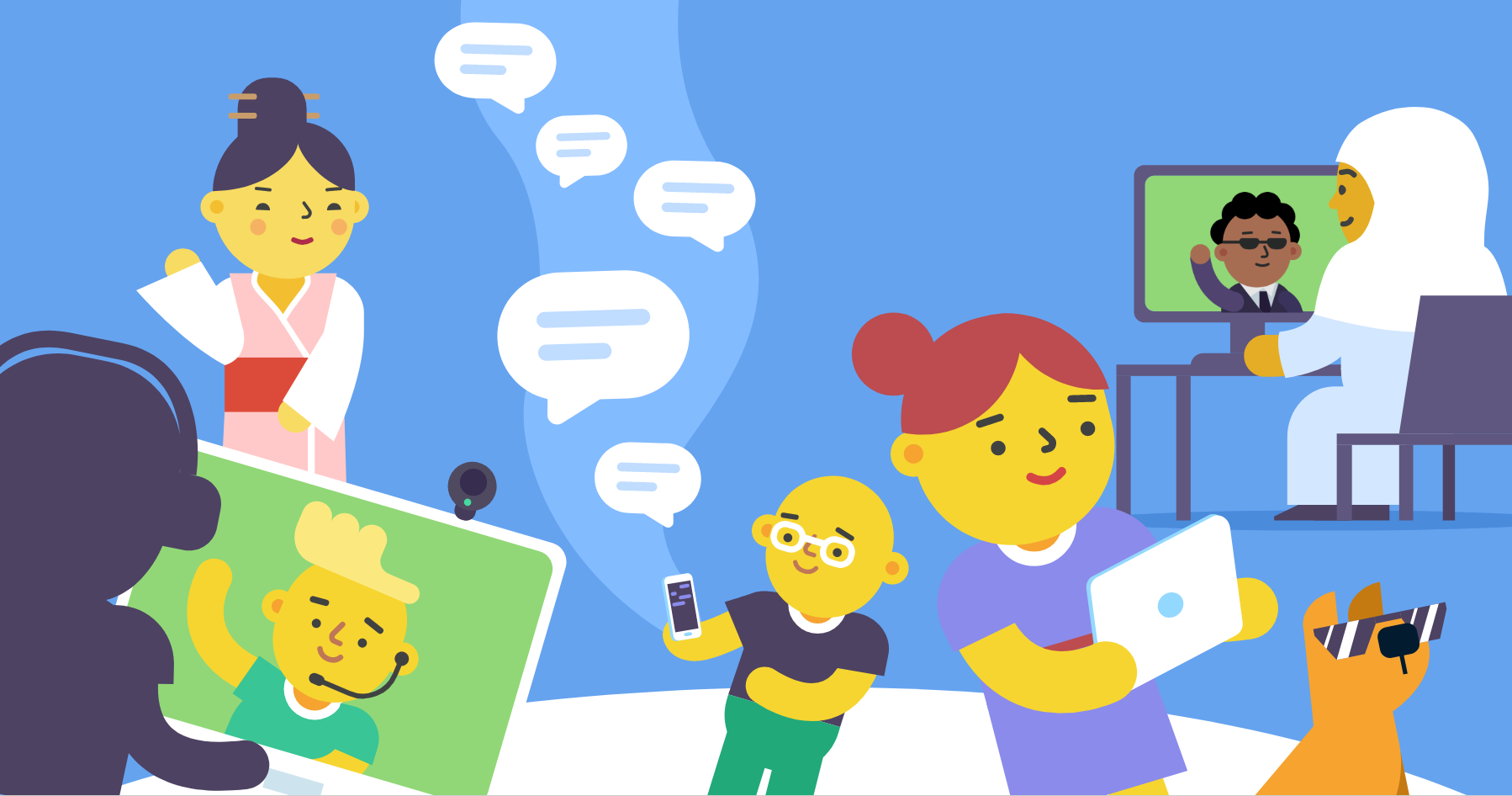The Architecture of Spectacle: A Multidisciplinary Analysis of the Psychology, Sociology, and Ontological Impact of Reality Television


In recent years, the concept of digital interculturality has become increasingly relevant. This article explores the notion of digital interculturality, its significance in fostering understanding and collaboration across diverse cultures online, and strategies for promoting inclusivity in digital spaces.
 |
| Digital interculturality has become increasingly relevant (📷 ed.ac.uk) |
In an era marked by globalisation and technological advancements, the digital landscape has become a melting pot of diverse cultures, languages, and perspectives. Digital interculturality refers to the ability to navigate and engage with this diversity effectively in online spaces. Today we delve into the importance of digital interculturality and its implications for fostering inclusivity, understanding, and cooperation in the digital age.
Digital interculturality encompasses the exchange of ideas, information, and experiences across cultural boundaries in digital environments. It involves recognising and respecting cultural differences while promoting dialogue, empathy, and mutual respect online. As individuals increasingly interact and collaborate across borders in virtual spaces, digital interculturality plays a crucial role in bridging cultural gaps and promoting global understanding.
 |
| (📷 mungfali) |
While digital interculturality presents opportunities for cross-cultural learning and collaboration, it also poses challenges. Cultural misunderstandings, stereotypes, and biases can hinder effective communication and collaboration online. Moreover, the digital divide, language barriers, and unequal access to technology can exacerbate existing inequalities in online interactions. However, by promoting digital literacy, cultural awareness, and inclusive communication practices, these challenges can be addressed, and opportunities for meaningful intercultural exchange can be maximised.
1. Cultural Sensitivity Training: Organisations and individuals can benefit from cultural sensitivity training programs to enhance their understanding of different cultural norms, values, and communication styles.
2. Multilingual Content Creation: Creating content in multiple languages can help reach a diverse audience and foster inclusivity in digital spaces.
3. Promotion of Diversity and Representation: Platforms and organisations can promote diversity and representation by showcasing diverse voices, perspectives, and experiences in digital content and media.
4. Cross-Cultural Collaboration: Encouraging cross-cultural collaboration and dialogue through virtual events, forums, and collaborative projects can facilitate meaningful intercultural exchange and understanding.
5. Digital Citizenship Education: Educating individuals about digital citizenship and responsible online behaviour can promote respectful and inclusive interactions in digital spaces.
 |
| Digital interculturality can maximise opportunities for meaningful intercultural exchange (📷 chanty) |
Digital interculturality is essential for promoting inclusivity, understanding, and cooperation in the digital age. By embracing diversity, fostering cultural awareness, and promoting inclusive communication practices online, individuals and organisations can contribute to creating a more inclusive and interconnected digital world.
⭐⭐⭐
Digital interculturality: Taking stock and looking forward ▶️1h19m09s
Researching Digital Interculturality Co-operatively (ReDICo)
*AI assisted
Comments